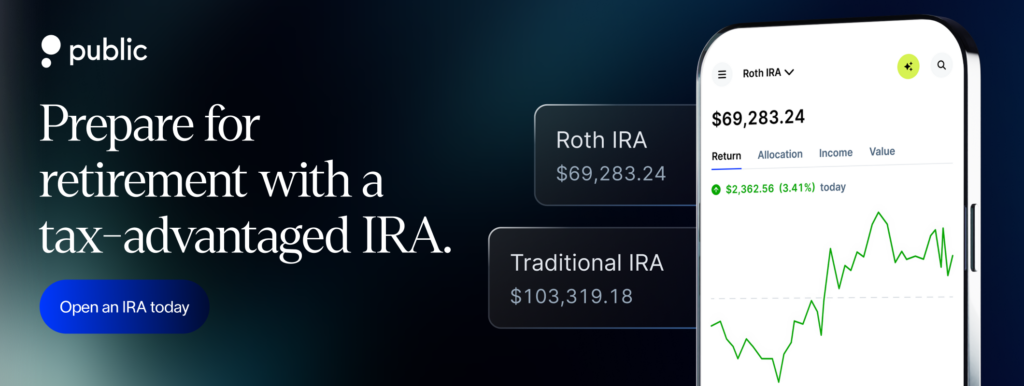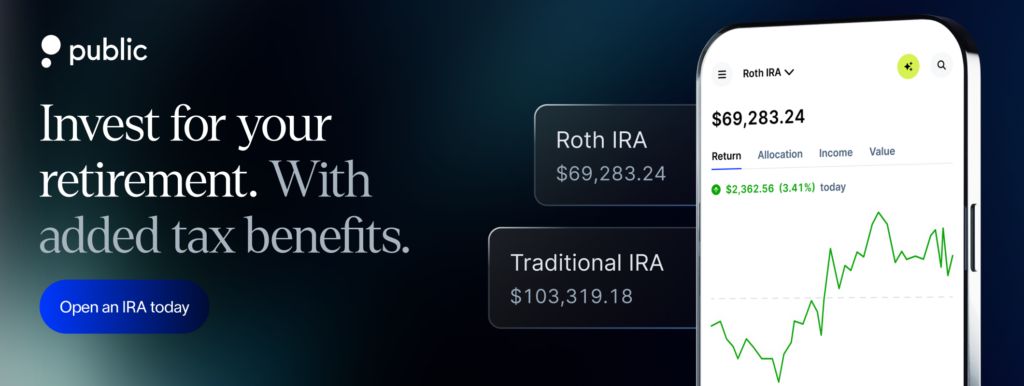When you invest in a Roth IRA, one of the most important things to understand is how and when you can withdraw your money. Roth IRAs offer flexible withdrawal options, but only if you follow a few key rules.
This guide breaks down the Roth IRA withdrawal rules (also called “distribution”) in a simple, organized format. Whether you’re wondering about age-based restrictions, the 5-year rule, taxes, or penalties, this article helps you understand each scenario clearly.
Note: In IRS terminology, “withdrawal” and “distribution” mean the same thing. You’ll see both terms used throughout this article.
Roth IRA withdrawal rules
A Roth IRA is a retirement account that allows you to contribute after-tax dollars. Your contributions (after-tax dollars) can generally be withdrawn anytime, tax and penalty-free.
Earnings on those contributions may be taxed and penalized unless you meet specific conditions. Two key factors determine how Roth IRA withdrawals are treated:
- Your age at the time of withdrawal
- Whether the 5-year rule has been met
What is the 5-year rule in a Roth IRA?
The 5-year rule is a key requirement for tax-free earnings withdrawal from your Roth IRA. It starts ticking on January 1st of the tax year for which you made your first contribution.
So even if you make a Roth IRA contribution on April 15, 2025, and designate it for tax year 2024, your 5-year clock begins January 1, 2024.
You need to meet this rule once per account (not per contribution).
Who can withdraw from a Roth IRA without taxes or penalties?
To make a qualified distribution, you must meet both of these:
- You’re age 59½ or older
- Your Roth IRA has been open for at least five years
If you meet both conditions, you can withdraw contributions and earnings tax and penalty free. This is known as a qualified distribution.
Let’s consider an example:
You opened your Roth IRA in March 2020 (tax year 2019). It’s now July 2025, and you’re 61. You meet both the age and the 5-year rule. Therefore, all your withdrawals are tax and penalty-free.
What if you withdraw before age 59½?
If you’re under 59½, the IRS considers this an early or non-qualified withdrawal, but there are distinctions based on whether you’re withdrawing contributions or earnings.
Contributions
- You can always withdraw your contributions at any time, for any reason, without taxes or penalties.
- These are after-tax dollars, so the IRS has already taken its share.
Earnings
- Earnings (investment gains, interest, dividends) withdrawn before age 59½ and before satisfying the 5-year rule may be taxed and penalized.
- The penalty is 10% plus income tax, unless you qualify for an exception.
Common exceptions to the 10% penalty on Roth IRA withdrawal
The IRS allows certain exceptions if you withdraw earnings before age 59½ and before meeting the 5-year rule. These include:
While these exceptions may waive the penalty, you may still owe income taxes on the earnings portion.
Want to maximize your Roth IRA? Explore Public’s IRA triple power
If you’re looking to open or manage a Roth IRA, the platform you use can help you track contributions and stay within IRS limits. Public’s IRA includes features that support contribution tracking, rollover options, and access to a range of investments, which may help you manage your account efficiently.
Here’s how Public’s IRA works:
- 1% IRA Match: Public matches 1% of your annual contributions.
- Rollover bonus: If you roll over an old 401(k) or IRA, you may be eligible for a bonus, up to $10,000, based on your transfer amount.
- Access to a range of investment options: You can invest in stocks, ETFs, and Treasuries all in one place.
Explore Public’s IRA features to determine if they meet your account management needs.
Note: Contribution matches and bonuses are subject to terms and conditions. These features don’t affect Roth IRA withdrawal rules, but they can add value to your account while you save.
Conclusion
If you follow the Roth IRA withdrawal rules, especially the 5-year requirement and the age threshold of 59½, you may be able to access your savings without paying additional taxes or penalties. Keeping track of contribution dates, knowing what counts as earnings, and understanding exceptions can help you avoid surprises down the line.



